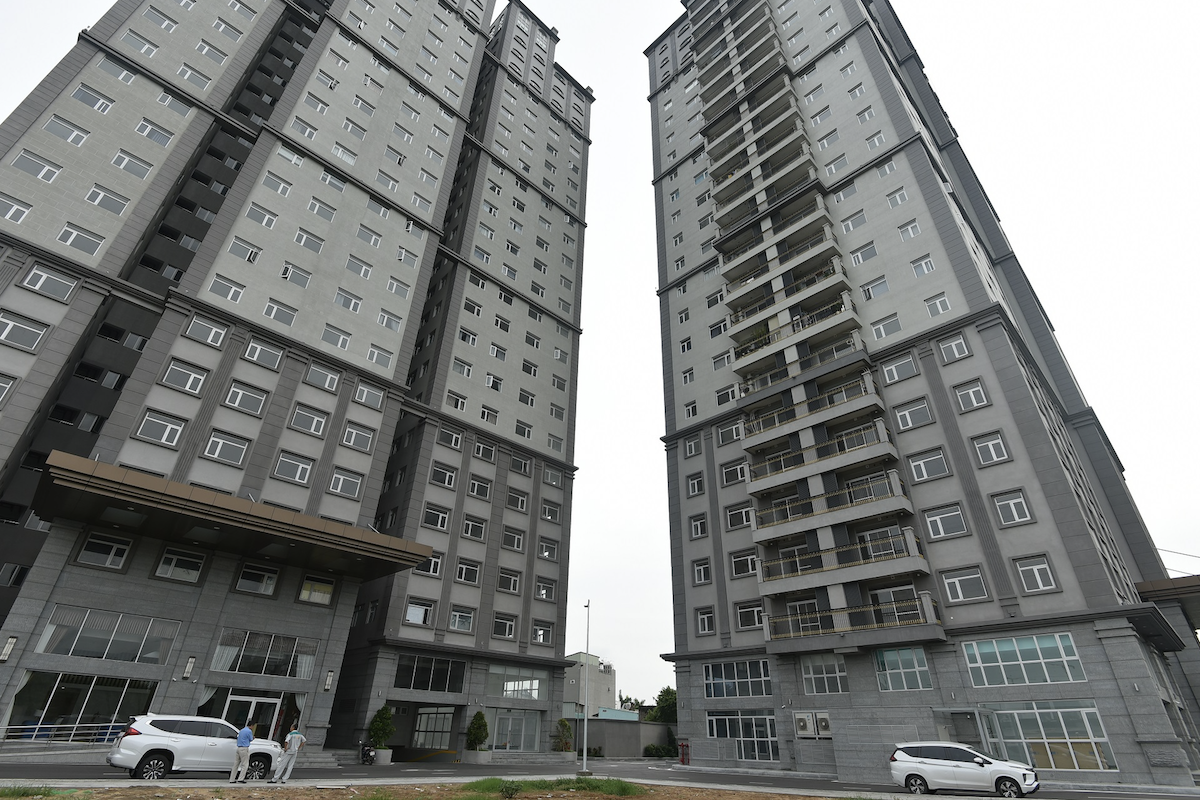Banks expand real estate loans
Following a period of difficulty getting bank credit, real estate firms have lately seen a series of capital assistance packages from banks.

TTC Land Company and the Joint Stock Commercial Bank for Investment and Development of Vietnam (BIDV) have inked a credit agreement to fund the TTC Plaza Da Nang complex project. The project contains almost 300 tourist flats and hotel rooms, as well as over 30,000 square meters of available business space.
"Breezier" Funding from Banks
Similarly, VietinBank cooperated with the Construction and Business Company Khi Thành to help homebuyers in the Paris Hoang Kim project return cash. Concurrently, they initiated the next phase of this project, which is now complete and ready for people to move in.
In addition, Phat Dat Real Estate Company received a credit package worth about VND 6,000 billion from MBBank in late November. This finance is intended to assist investors and consumers in acquiring units in the high-rise complex housing projects Thun An 1 and 2 (Binh Duong province), which have a total investment of more than VND 10,800 billion. Construction on the projects is planned to begin in early 2024.
Receiving this financing package from MBBank, according to Mr. Bui Quang Anh Vu, CEO of Phat Dat, is a big step forward. It contributes to Phat Dat's financial health by assuring project completion and allowing optimal investment advantages for consumers.
Novaland teamed with VPBank to resurrect the Aqua City project in Dong Nai after overcoming hurdles and providing numerous resolution ideas. The agreement states that VPBank would continue to provide financial assistance to the investor and contractors in order to complete River Park 2 and two zones on Phuong Hoang Island. This relationship is seen as a "lifeline," assisting Novaland and the project in overcoming long-term financial problems.
Expectations for Real Estate Market
Banks' key partners have always been significant real estate firms. Some banks have also decreased interest rates for real estate investors and enterprises. The government's directions to banks to decrease borrowing rates in order to help businesses add to these encouraging signs.

As market restrictions are increasingly removed, banks' endeavors to extend lending for the real estate sector are projected to yield beneficial results. Many analysts believe that these initiatives will help to revitalize the real estate market in 2024.
Real estate firms, according to Mr. Le Hoang Chau, Chairman of HoREA, are both partners and consumers of banks. Furthermore, homebuyers in real estate developments are also bank clients. As a result, in addition to loans, real estate is an important area for banks.
The growing partnership between banks and real estate companies reflects the banking sector's profitability aspirations. This is logical given that the real estate crisis is winding down yet there is still a lot of money in the banks.
Although it cannot be argued that the real estate market would develop as a result of these agreements, firms will surely supply the market if projects have adequate funds for completion. This contributes to the expansion of homeownership choices for the general public or allows real estate enterprises to continue expanding and overcoming problems.
Looking ahead to the market in the future year, BIDV Chief Economist Dr. Cao Van Luc predicts that capital flows for investment markets would be favorable by the conclusion of the year. There are, however, "black patches." To limit risks, organizations must continue to make suitable and effective recommendations to handle issues, as well as determined restructuring, accepting price reductions, and diversifying funding sources.








